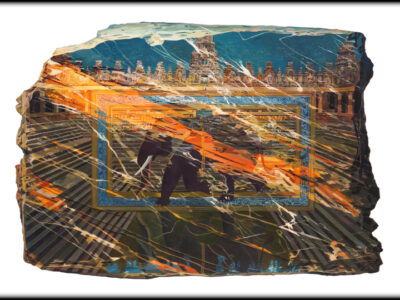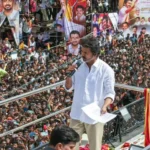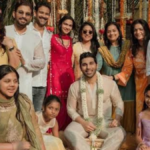55 Years Later, a Telugu Devadasi’s Story by Veturi Sundararama Murthy Was Performed on Stage –
Smitha Madhav’s Sirikakolanu Chinnadi Was Spellbinding writes Rajeshwari Kalyanam
Telugadela yanna Desambu Thelugenu
Telugu Vallabhunda Telugokanda
Yella Nrupulu Goluvā Nerugave Basadi
Desa Bhashalandu Telugu Lessa
(If you ask, “Why Telugu?” It is because this is Telugu country, and I am a Telugu king. Telugu is one of a kind. After speaking with all the kings that serve you, didn’t you realize—amongst all the regional languages, Telugu is the best!)
The greatest of the Vijayanagara kings who ruled South India – Sri Krishnadevaraya – explains in his foreword why he chose to write his Mahakavyam Amuktamalyada in Telugu. He writes about a dream he had while resting at the Srikakulam temple on the banks of the Krishna River during one of his visits to the area. He says that Vishnu Murthy appeared in his dream and asked him to write the story of Goda Devi in Telugu. When the King asked in which language he should write it, Andhra Mahavishnuvu replied to Krishnadevaraya that it must be written in Telugu.
Legends are many, and legendary personalities even more. However, in today’s fast-paced world, there is little time to revisit legends or investigate the past for long-forgotten stories. Perhaps it is this rarity that made Bharatanatyam dancer Guru Smitha Madhav’s decision to look back at a story written in 1969 and present it as a dance drama feel truly special.
Sri Krishnadevaraya, the same Srikakulam temple, and the Krishna River are all part of the Telugu dance drama Sirikakolanu Chinnadi, penned in elegant prose and mellifluous poetry by the legendary lyricist and poet Late Shri Veturi Sundararama Murthy. It is the story of a beautiful Devadasi, Aliveni, who loves Lord Krishna unconditionally and scorns her mother, who chases money and tries in vain to shift her focus toward wealthy suitors. Among them is the Mandaladheesa Marthanda of Devarakota, who dresses up as Lord Krishna to lure Aliveni—an idea planted by Aliveni’s mother herself.
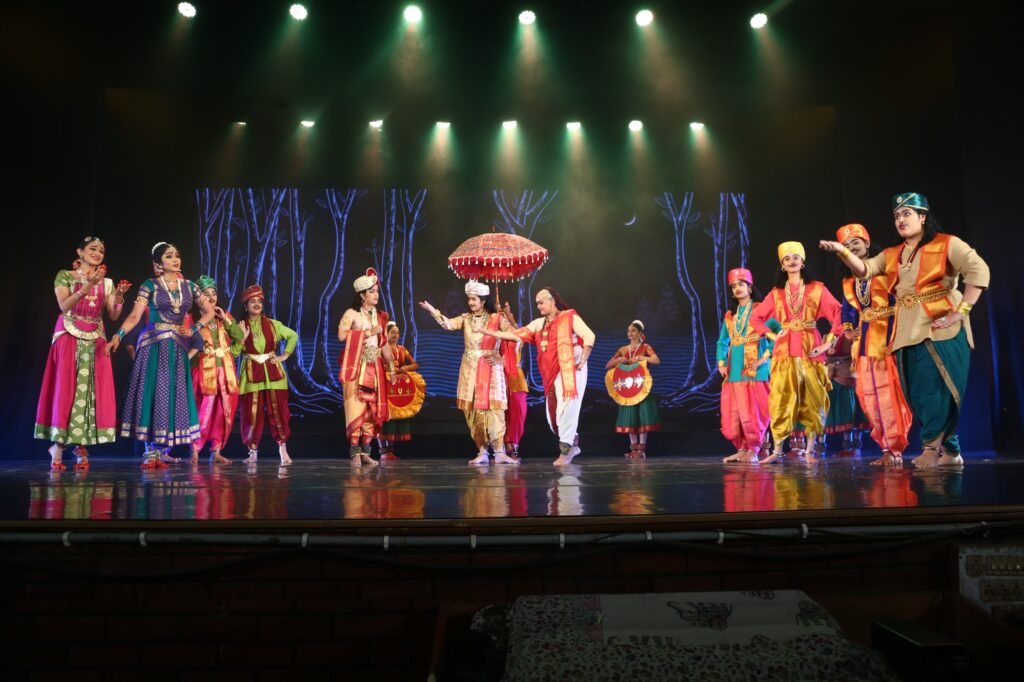 This dance drama was converted into a 90-minute radio play in 1973 with musical direction by the likes of Pendyala Nageswara Rao, Balantrapu Rajanikanta Rao, and Voleti Venkateswarlu, with voices lent by AIR legends such as Rajanikanta Rao, Srirangam Gopala Ratnam, and Kandukuri Chiranjeevi Rao. This work by Veturi also caught the attention of Telugu film director K. Viswanath. Although he never realized his dream of adapting it into a film, he succeeded in igniting the curiosity of a young dancer and Guru, who had also acted in the erstwhile film Bala Ramayanam.
This dance drama was converted into a 90-minute radio play in 1973 with musical direction by the likes of Pendyala Nageswara Rao, Balantrapu Rajanikanta Rao, and Voleti Venkateswarlu, with voices lent by AIR legends such as Rajanikanta Rao, Srirangam Gopala Ratnam, and Kandukuri Chiranjeevi Rao. This work by Veturi also caught the attention of Telugu film director K. Viswanath. Although he never realized his dream of adapting it into a film, he succeeded in igniting the curiosity of a young dancer and Guru, who had also acted in the erstwhile film Bala Ramayanam.
Fast forward to 2025—over 55 years since the book was written—when Smitha Madhav, with a team of 40 dancers, took to the stage to enact Sirikakolanu Chinnadi, it felt like a glorious celebration of Telugu—the language chosen by God. Tene kanna teeyanidi—sweeter than honey—perhaps refers to the Telugu that finds its finest expression in Veturi’s songs. One of the major takeaways from watching this stunningly choreographed ballet is Veturi’s mastery in weaving words so eloquently that they are a delicious treat to the ears. The songs, especially, are composed with a timeless quality – embodying the various emotions.
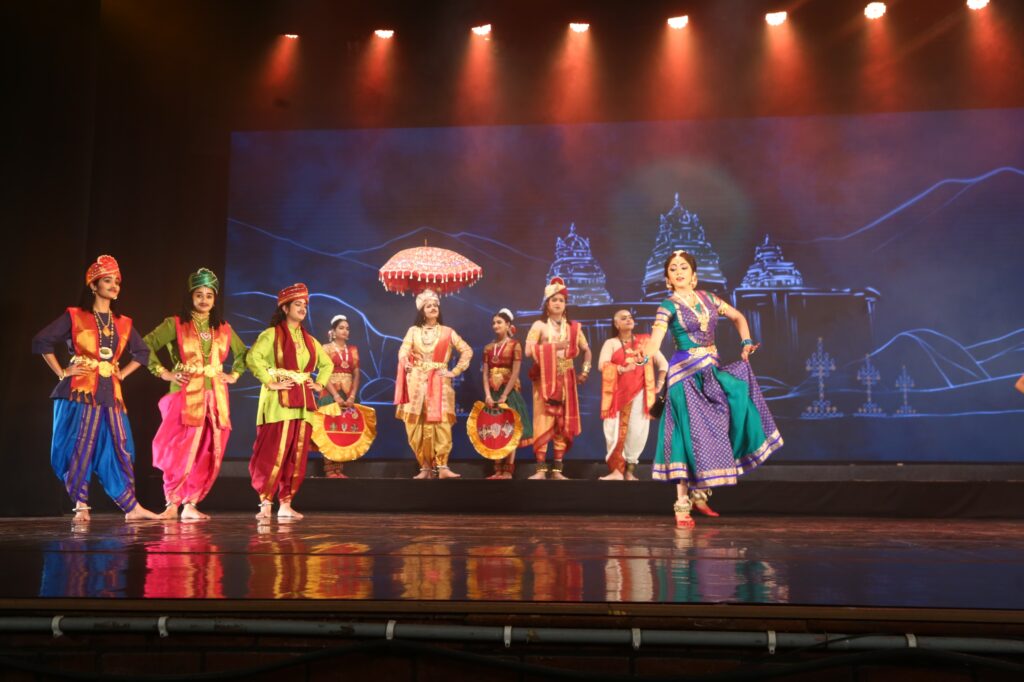
In his own words, Veturi Sundararama Murthy wrote about the inception of this dance drama and how he experimented with various forms of poetry and prose. Unsure of the outcome, he approached eminent music director Pendyala Nageswara Rao to assess whether the lyrics were fit for composition. The maestro spent two hours reading the entire script and declared that he alone would compose the music. He promptly conveyed this to Balantrapu Rajanikanta Rao, and the rest is history. It took him 20 days to complete the compositions.
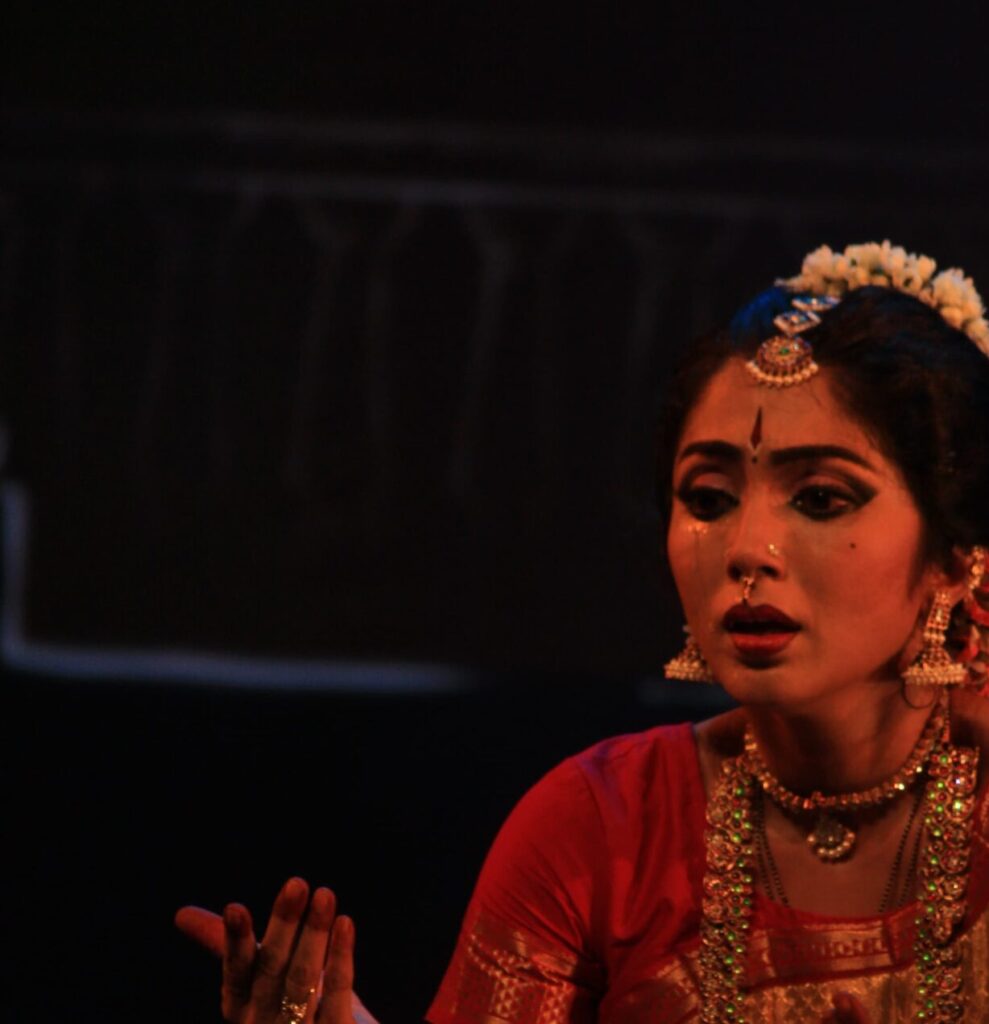
“Chinadanara Valachinadanara Chanavuna Rara Na Sarasaku Dora”—Aliveni sings as she calls out to her Krishna. The simple words convey deep emotions and resemble a padam one would hear in Vilasini Natyam. That Aliveni is a Devadasi makes this a fitting rendition to portray her pure and unconditional love. For the ballet Smitha Madhav, along with Malladi Ravi Kumar, Ashwath Narayan, Janani Hamsini, and Kumari Sri Ranjani, lent their voices to these timeless classic songs that have stayed in the memories of audiences who followed the radio play.
“Emani Piluvanu Enthani Goluvanu Saami Ninne Gaka Sarasula Gananu” is yet another Telugu gem that came from Veturi’s pen.
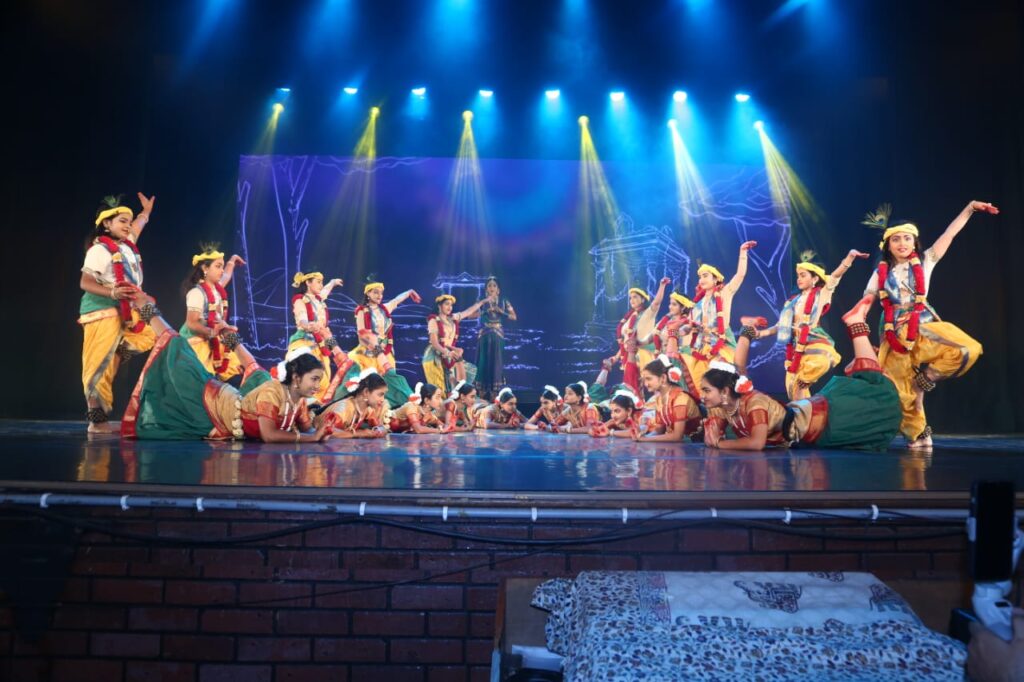
Veturi’s dialogues (prose)—with a quirk here, cheeky sarcasm there, and deep messages interwoven—and his lyrics form the backbone of Sirikakolanu Chinnadi, which was beautifully presented by Smitha Madhav on stage of Ravindra Bharathi in Hyderabad. There are several sequences—like the one where Aliveni watches Krishna Leela, and a group of young Krishnas and Radhas fill the stage with infectious joy—that are delightfully choreographed and serve as an apt tribute to this legendary play.
Andhra Mahavishnuvu and his temple in Srikakulam, Goda Devi’s Ranganadha, Sri Krishnadevaraya, Devadasi Aliveni and her unconditional love for Lord Krishna, the innocence that allows her to be deceived, her mother’s greed and scorn—all form an emotional drama that keep the audience engaged with Smitha Madhav’s choreograpy binding it all together. In addition to staging the play with a massive team, finest costumes, and exquisite jewellery, she left no stone unturned to make this a glorious production. She gave her creative best, and the team matched her passion with flawless performances, showcasing perfection, rhythm, and synchrony in their dances.
Her abhinaya, which balances the exaggeration of the classical form with the toned-down nuances of modern theatre, was well complemented by other cast members. Dancers, including Hari Manganampally, followed the format to perfection. While the long jati sequences of traditional Bharatanatyam were missed, the richness of the songs and the taut screenplay—with a poignant ending—more than compensated when beautifully rendered.
For a play written in the 1970s, Sirikakolanu Chinnadi is amazingly modern in its approach. It is commendable that Bharatanatyam Guru, dancer, and singer Dr. Smitha Madhav took it up with such commitment and passion, which shines through every scene.
Smitha even recorded a full-length video version, shot separately for posterity, which is available to view in parts on her social media platforms and YouTube.
For More Stories & Updates
Subscribe to Fridaywall Magazine
Also Read
Interview with Dr Smitha Madhav on the Making of Sirikakolanu Chinnadi




